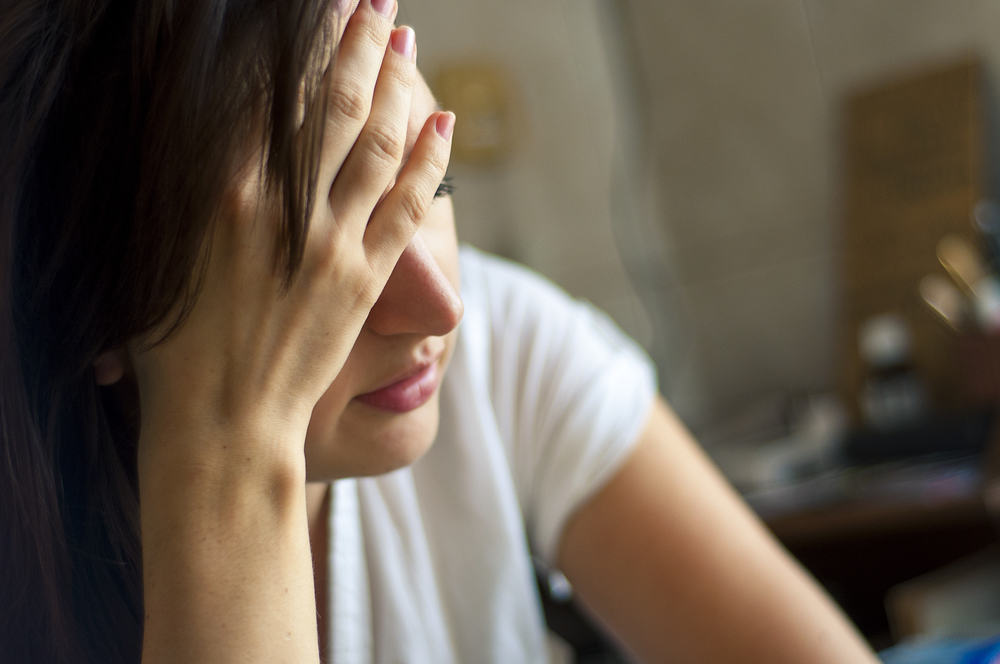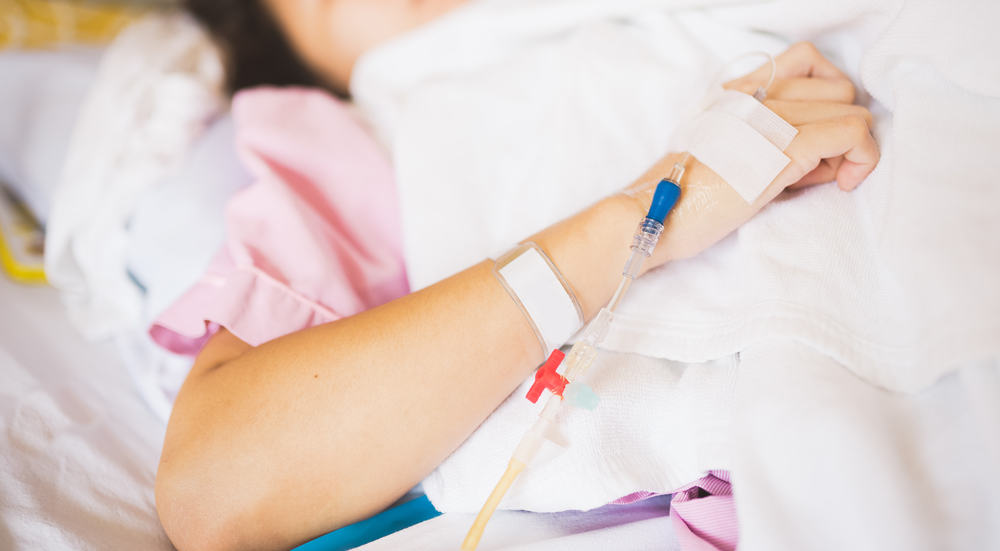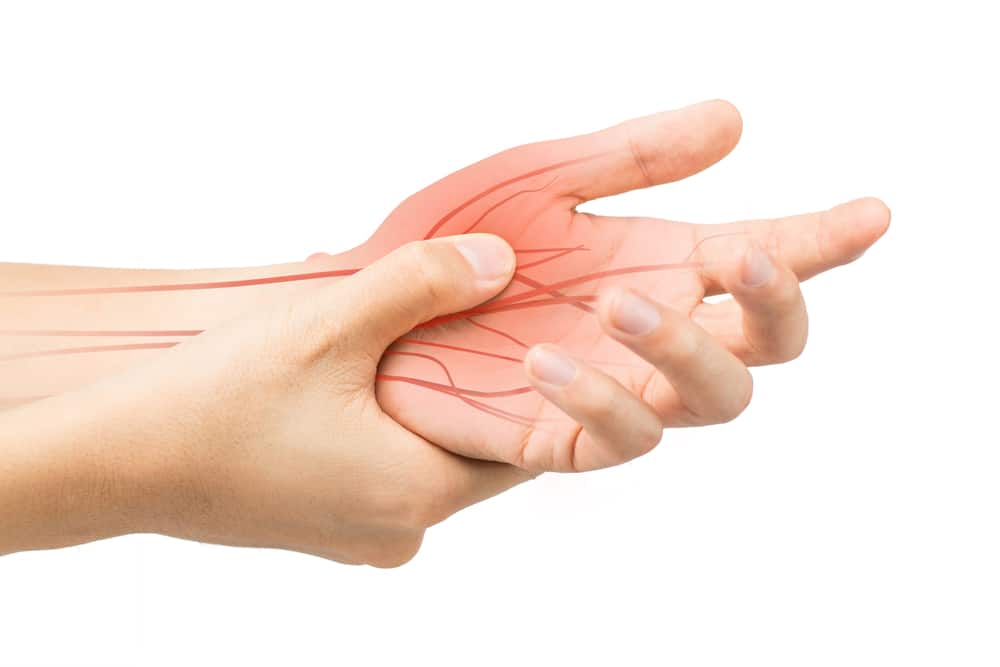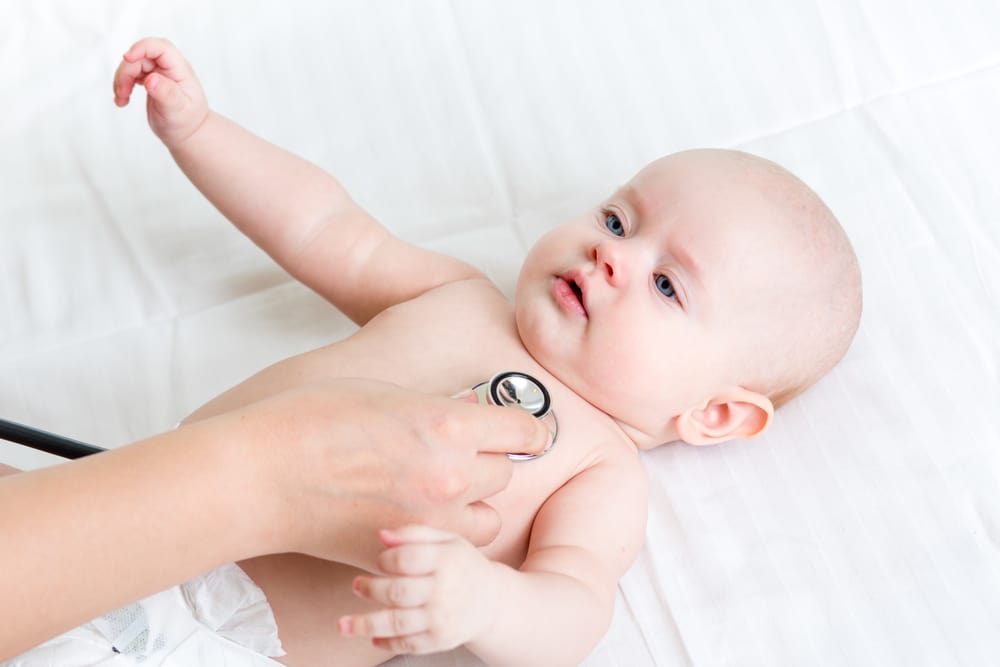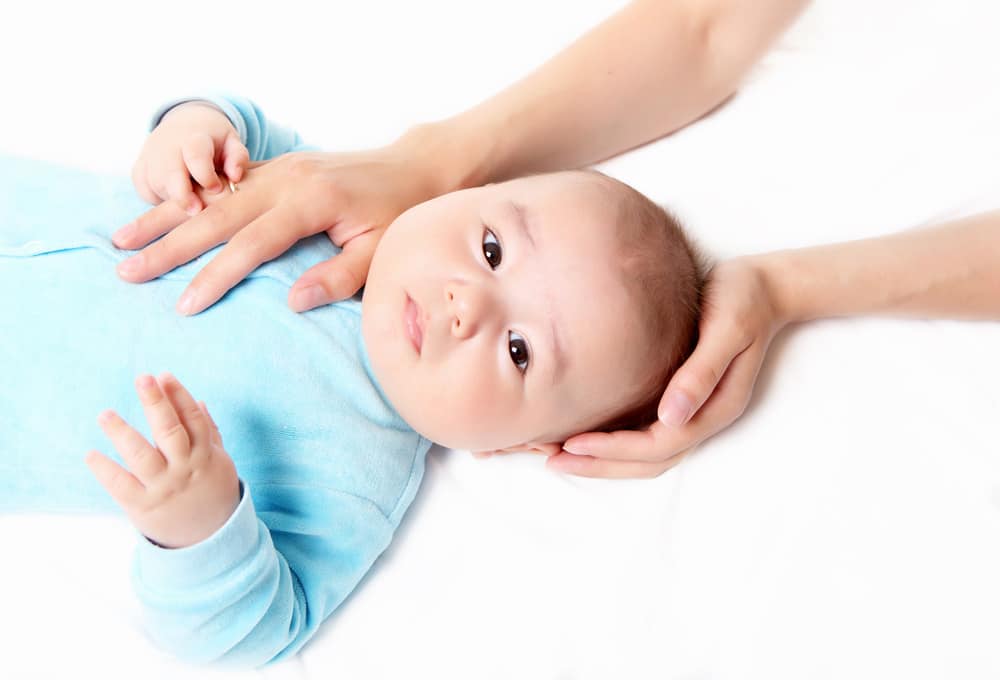Contents:
- Medical Video: Instructional Videos for Moms- Baby Blues vs. Post-Partum Depression
- What are the common signs of postpartum depression?
- Symptoms of postpartum baby blues
- Symptoms of postpartum depression
- Postpartum psychosis
- When do you need to see a doctor
Medical Video: Instructional Videos for Moms- Baby Blues vs. Post-Partum Depression
Postpartum depression is a general mental health problem that usually occurs in women after childbirth. Although giving birth can provide pleasure, excitement, even fear and anxiety, giving birth can also cause something you don't expect, such as depression.
Feeling sad is normal after childbirth. Your body has gone through hormonal changes that affect your mood and usually lasts up to 2 weeks. If symptoms don't improve soon after 2 weeks, this is called postpartum depression and can be serious. If this sounds familiar to you, it is recommended to notify your doctor immediately. If not handled, you can endanger you and your baby physically.
What are the common signs of postpartum depression?
There are 3 levels of postpartum symptoms, namely postpartum baby blues, postpartum depression, and postpartum psychosis. Similar to other types of depression, postpartum depression also has varied symptoms, but the main signs include:
Symptoms of postpartum baby blues
This is the mildest level of postpartum depression. The signs and symptoms of the baby blues only last a few days to 1-2 weeks after your baby is born. Signs and symptoms include:
- mood swing
- nervous
- sad
- easy to get angry
- feel overwhelmed
- cry
- decreased concentration
- problem of appetite
- trouble sleeping
Symptoms of postpartum depression
If the postpartum baby blues are not handled properly, it can turn into postpartum depression. Generally, the signs and symptoms are similar to postpartum baby blues, but are more intense and last longer, and disturb you in caring for your baby and other activities. Symptoms usually appear in the first few weeks after delivery, and last up to 6 months after delivery.
- depression or serious mood swing
- difficulty connecting with your baby
- isolated from family and friends
- loss of appetite and eating disorders
- sleep disorders
- crying excessively
- excessive fatigue or loss of energy
- lack of enthusiasm and interest in activities that you normally like
- very angry easily
- feel you are not a good mother
- lose the ability to think clearly, concentrate or make decisions
- serious anxiety and panic attacks
- try to hurt yourself or your baby
- attempting suicide
Postpartum psychosis
The final stage in postpartum depression is postpartum psychosis, whose signs and symptoms last longer and are more serious.
- confusion and disorientation
- obsessive thoughts towards your baby
- hallucinations and delusions
- sleep disorders
- paranoia
- try to hurt yourself or your baby
Postpartum psychosis can cause harmful thoughts or behaviors and require immediate treatment.
When do you need to see a doctor
Check yourself if you have signs or symptoms of depression that last more than 2 weeks or start within 2 months after giving birth. It is important to immediately contact your doctor as soon as possible if depression signs and symptoms are like this:
- does not subside after 2 weeks
- symptoms worsen
- You have a hard time taking care of your baby
- You have difficulty doing daily activities
- have thoughts of hurting yourself or your baby
- have suicidal thoughts
If you have thoughts of hurting yourself or your baby, immediately seek help from the partner or person closest to you to care for your baby and contact your local doctor or emergency unit for help.
READ ALSO:
- All You Need to Know About Depression
- Ways to Help Wives Experiencing Postpartum Depression
- 6 Ways to Eliminate Loneliness During Depression

